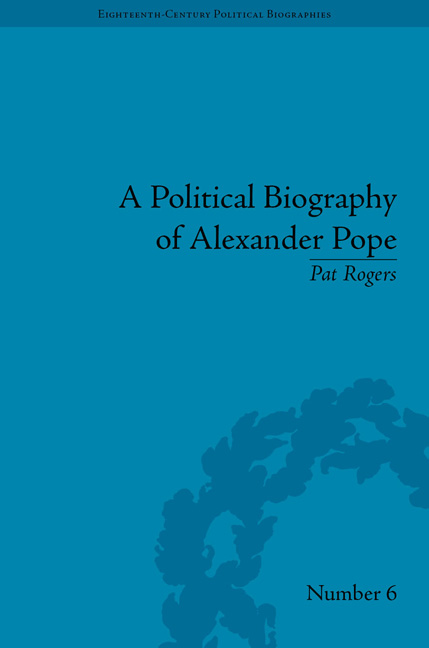Book contents
- Frontmatter
- CONTENTS
- Dedication
- Acknowledgements
- Abbreviations
- Dates and Quotations
- Sources
- Introduction
- Part I William and Anne, 1688–1714
- 1 Nature and Nurture
- 2 The Flowers of the Forest
- 3 The Piping Time of Peace
- Part II George I, 1714–27
- Part III George II, 1727–44
- Epilogue: After Walpole
- Notes
- Works Cited
- Index
3 - The Piping Time of Peace
from Part I - William and Anne, 1688–1714
- Frontmatter
- CONTENTS
- Dedication
- Acknowledgements
- Abbreviations
- Dates and Quotations
- Sources
- Introduction
- Part I William and Anne, 1688–1714
- 1 Nature and Nurture
- 2 The Flowers of the Forest
- 3 The Piping Time of Peace
- Part II George I, 1714–27
- Part III George II, 1727–44
- Epilogue: After Walpole
- Notes
- Works Cited
- Index
Summary
Why, I in this weak piping time of peace
Have no delight to pass away the time …
Shakespeare, Richard IIIFrom 1710 to 1715 Britain went through perhaps the most tumultuous phase of domestic politics witnessed during the entire eighteenth century. While Pope was not directly caught up in this sequence of events, many of his closest friends certainly were, and since he now spent longer periods in London he could not avert his eyes from the surrounding drama. For a good time he had maintained links with the capital, but after he reached his majority he began to stretch his wings. From this time on, visits to see friends such as Wycherley and Cromwell became more frequent. However, Pope did not embark on a prolonged stay in London over a period of months until 1713, a year that also saw his earliest poems with an unmistakable political flavour.
Flitting regularly between the city and the country, Pope had to endure persistent headaches which forced him to rest at intervals. In 1710 he lost his aunt Elizabeth and also his counsellor Thomas Betterton, both at an advanced age. At this time he naturally wished to capitalize on the reputation that the Pastorals had brought him. He worked on updated adaptations of Chaucer, and a miscellany issued in 1712 by Bernard Lintot, the bookseller who served as his main outlet for the next decade, offered him the chance to publish translations of classical poets along with the first brief version of The Rape of the Lock. This poem in two cantos gave the first signs of his powers in comedy, but today it is generally remembered only as the precursor to its brilliant reincarnation in five cantos, which appeared two years later. In the meantime he had streaked to the forefront of young poets with An Essay on Criticism, published in May 1711. The work scored an instant success, and remained the basic art of poetry for English readers up to the end of the century. Witty, erudite, beautifully constructed and laced with enough malice to provoke native responses in some quarters, it fulfilled all its creator's goals.
- Type
- Chapter
- Information
- A Political Biography of Alexander Pope , pp. 51 - 76Publisher: Pickering & ChattoFirst published in: 2014



